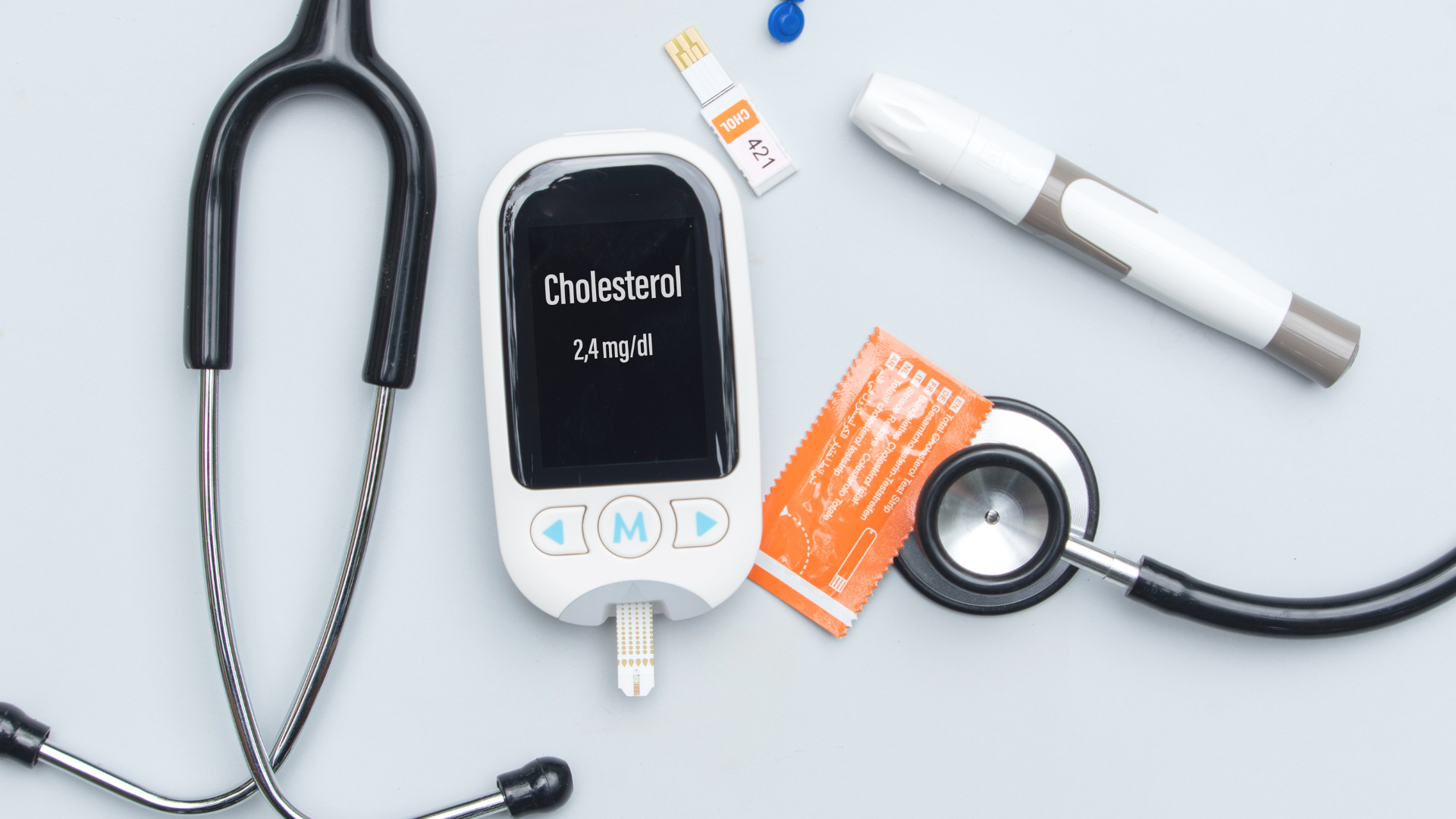Menopause is a significant milestone in a woman’s life, marking the end of her reproductive years. While it brings about several hormonal changes, one of the most noticeable and often distressing effects of menopause is the change in body composition. Many women find that despite maintaining their usual diet and exercise routine, their body shape, weight distribution, and muscle tone begin to shift. Understanding why these changes occur and how to manage them can be empowering.
What is Body Composition?
Body composition refers to the proportion of fat, bone, water, and muscle in the human body. A healthy body composition typically means a lower percentage of body fat and a higher percentage of lean muscle mass. As women enter menopause, these proportions begin to change due to hormonal shifts and aging.
Hormonal Changes During Menopause
The primary hormonal change associated with menopause is a decrease in estrogen and progesterone levels. Estrogen plays a crucial role in regulating fat distribution, maintaining muscle mass, and supporting bone density. As estrogen levels decline, several changes in body composition occur:
1. Increase in Body Fat
- Postmenopausal women tend to gain fat more easily, particularly around the abdomen.
- This is due in part to the body’s attempt to produce estrogen from fat cells, leading to increased fat storage.
- The shift from a “pear-shaped” body (hips and thighs) to an “apple-shaped” body (abdominal fat) is common.
2. Loss of Lean Muscle Mass
- Muscle mass naturally declines with age, but the drop in estrogen accelerates this process.
- This leads to a slower metabolism, which contributes to weight gain even if caloric intake remains the same.
3. Changes in Bone Density
- Lower estrogen levels also affect bone mineral density, increasing the risk of osteopenia and osteoporosis.
- While this is not a change in fat or muscle, it is a vital part of body composition to monitor.
Why These Changes Matter
These shifts in body composition are more than just cosmetic—they can affect overall health and quality of life:
- Increased risk of cardiovascular disease due to higher visceral fat.
- Higher risk of type 2 diabetes linked to abdominal obesity.
- Decreased physical strength and mobility from muscle loss.
- Increased bone fragility leading to a higher risk of fractures.
Managing Body Composition During and After Menopause
While some changes are inevitable, there are effective strategies to manage and even reverse certain effects:
1. Strength Training
- Resistance exercises help preserve and build muscle mass.
- It improves metabolism and enhances bone density.
2. Cardiovascular Exercise
- Activities like walking, swimming, and cycling help burn calories and reduce fat.
- Aim for at least 150 minutes of moderate aerobic activity per week.
3. Balanced Nutrition
- Increase protein intake to support muscle maintenance.
- Reduce refined carbohydrates and sugars to prevent fat gain.
- Ensure adequate calcium and vitamin D for bone health.
4. Hormone Replacement Therapy (HRT)
- For some women, HRT can help mitigate the loss of estrogen and slow down changes in body composition.
- Consult a healthcare provider for personalized advice.
5. Sleep and Stress Management
- Poor sleep and chronic stress elevate cortisol, which can increase fat storage.
- Practice good sleep hygiene and stress-reduction techniques like yoga and mindfulness.
When to Seek Help
If you notice rapid weight gain, significant loss of muscle tone, or signs of bone fragility, it’s important to speak with your healthcare provider. DEXA scans (Dual-Energy X-ray Absorptiometry) can provide a detailed breakdown of your body composition, helping to guide interventions.
Final Thoughts
Menopause is a natural life stage, but the changes it brings—especially to body composition—can feel challenging. With the right knowledge and proactive measures, women can maintain a strong, healthy body and continue to thrive in this new chapter of life. Embrace the transition with compassion and care, focusing not just on how you look, but how you feel and function every day.
FAQs:
Q. Why do I gain weight during menopause even if my diet hasn’t changed?
A. Due to lower estrogen and loss of muscle mass, your metabolism slows down, making it easier to gain weight even on the same diet.
Q. Is belly fat after menopause dangerous?
A. Yes, increased abdominal fat is linked to a higher risk of heart disease, diabetes, and metabolic syndrome.
Q. Can exercise reverse menopausal weight gain?
A. While it may not completely reverse it, regular strength and cardio exercise can significantly reduce fat and preserve muscle.
Q. Should I consider HRT for managing body composition?
A. HRT may help some women, but it’s not for everyone. Always consult with your doctor before starting any hormonal treatments.





